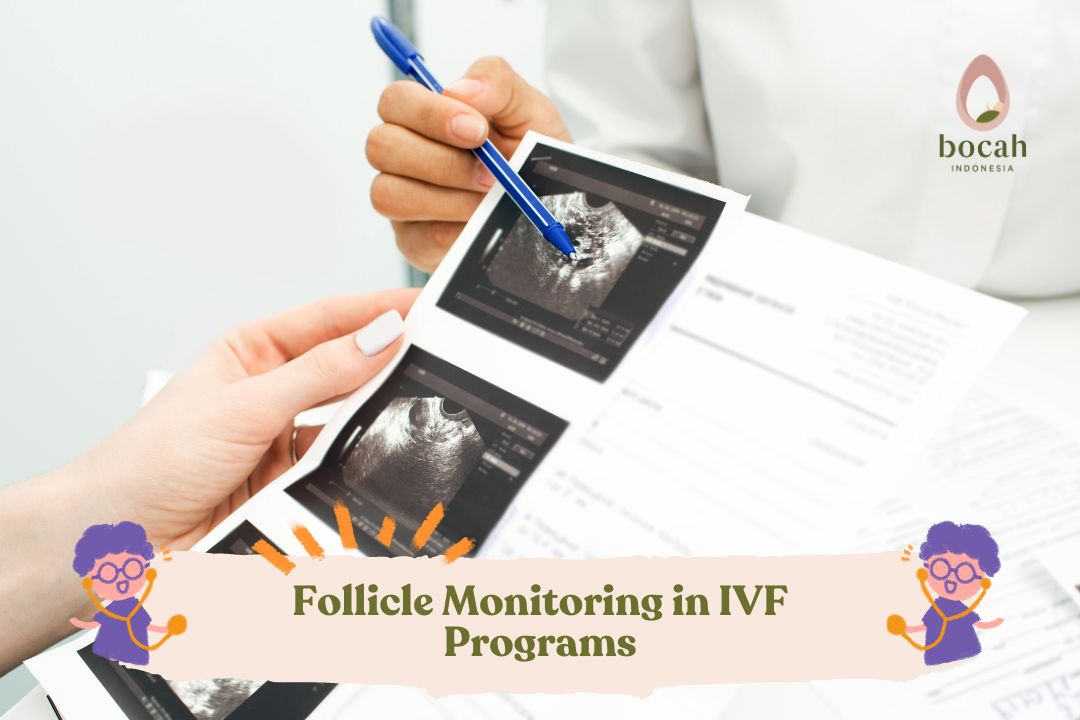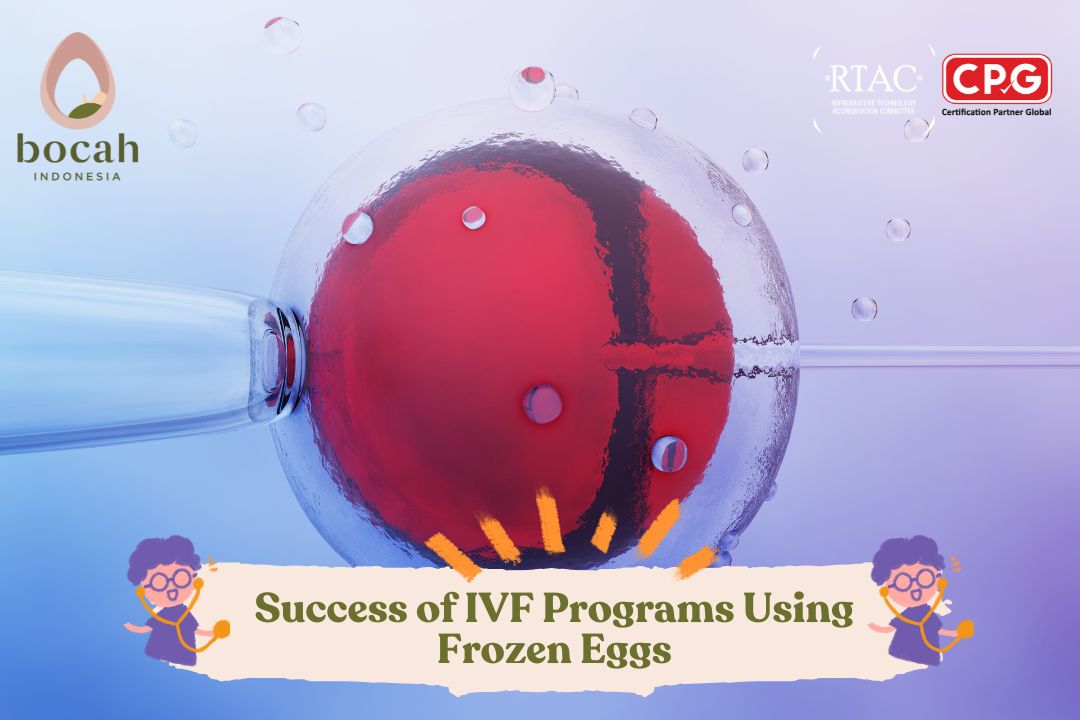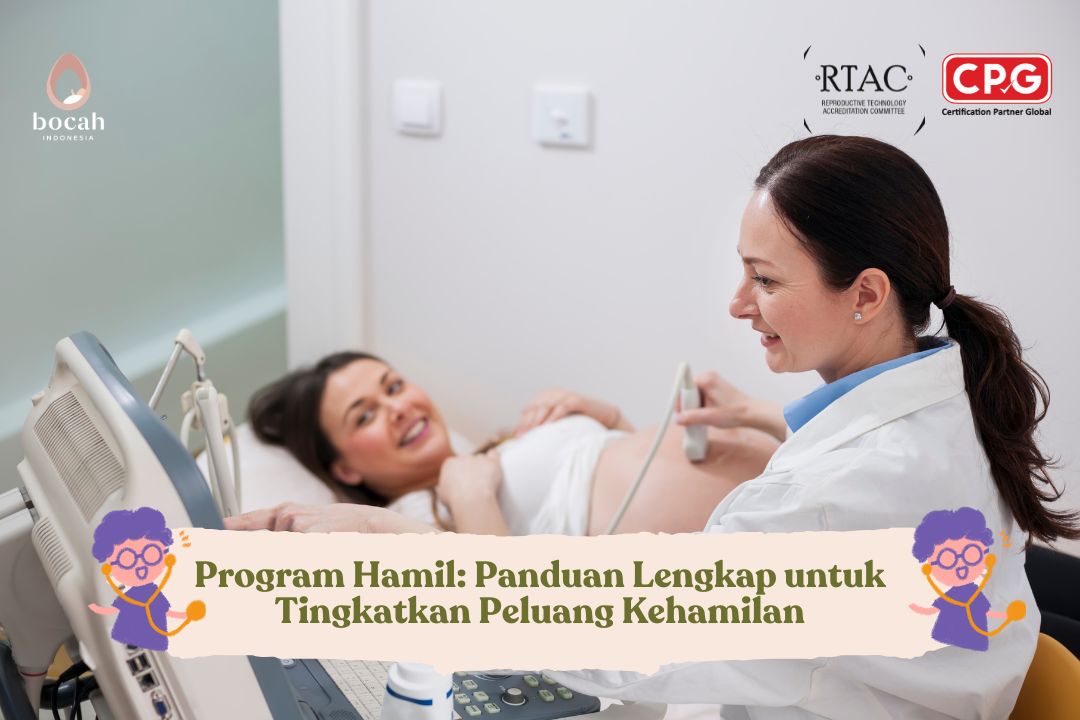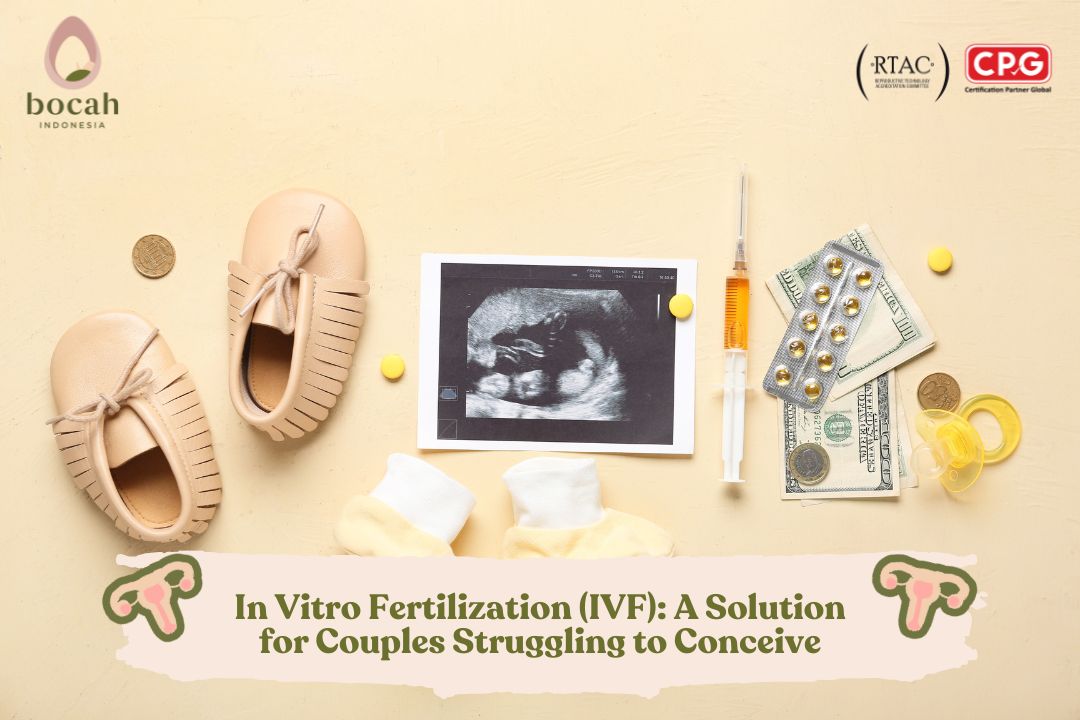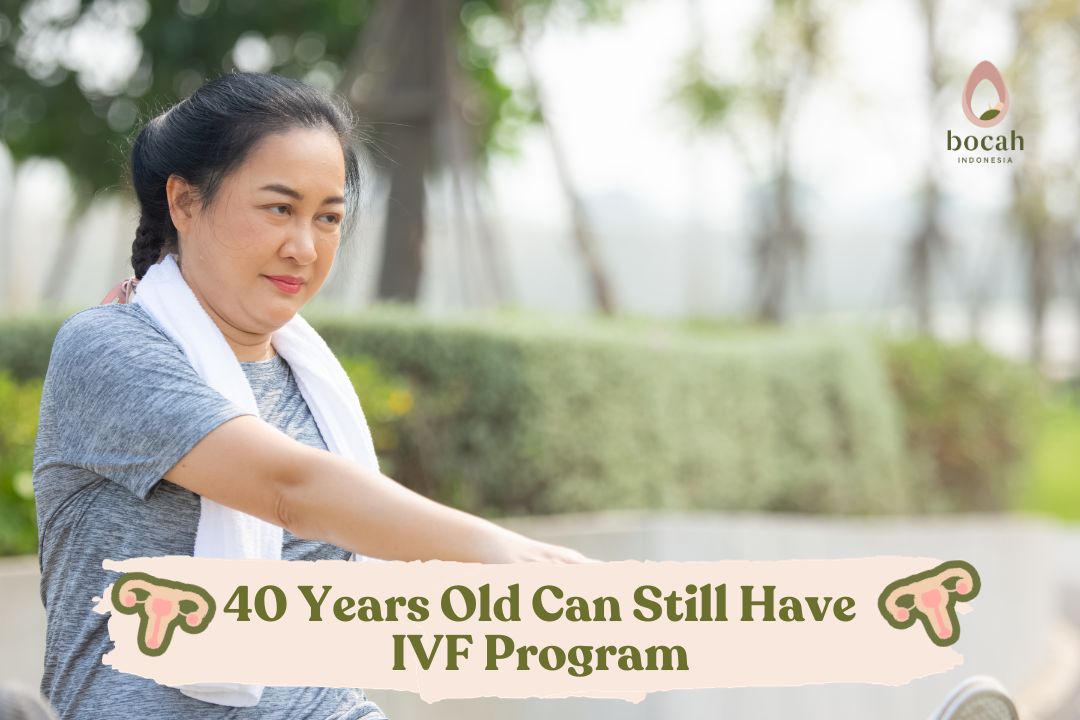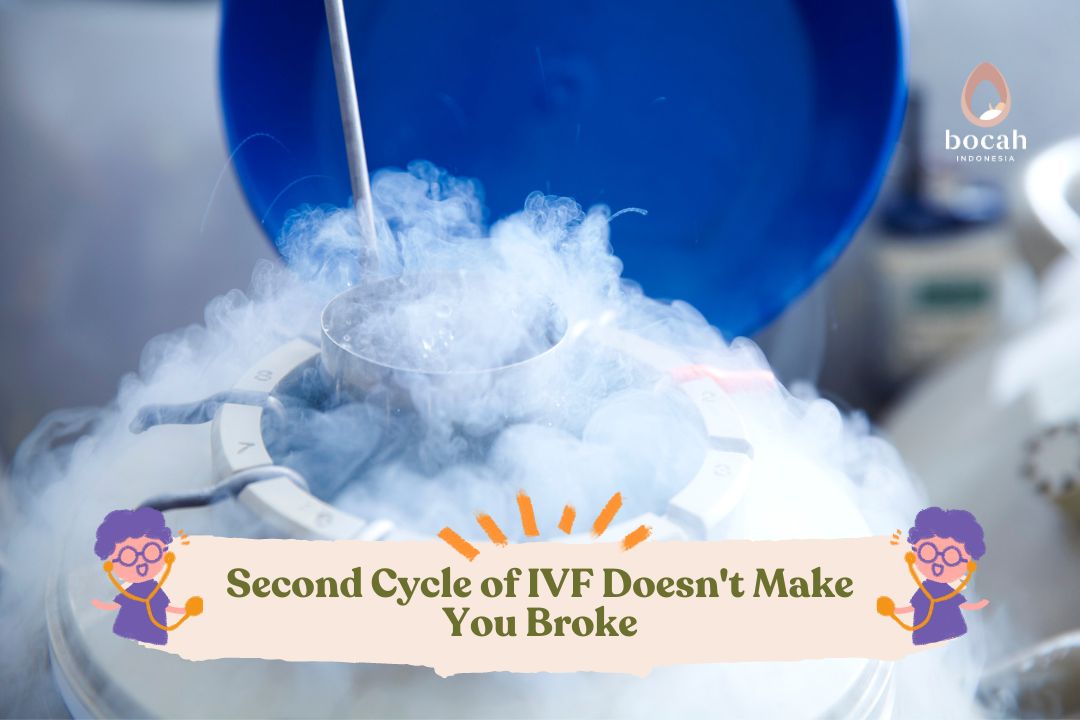4 Types of Fertility Programs to Help You Conceive
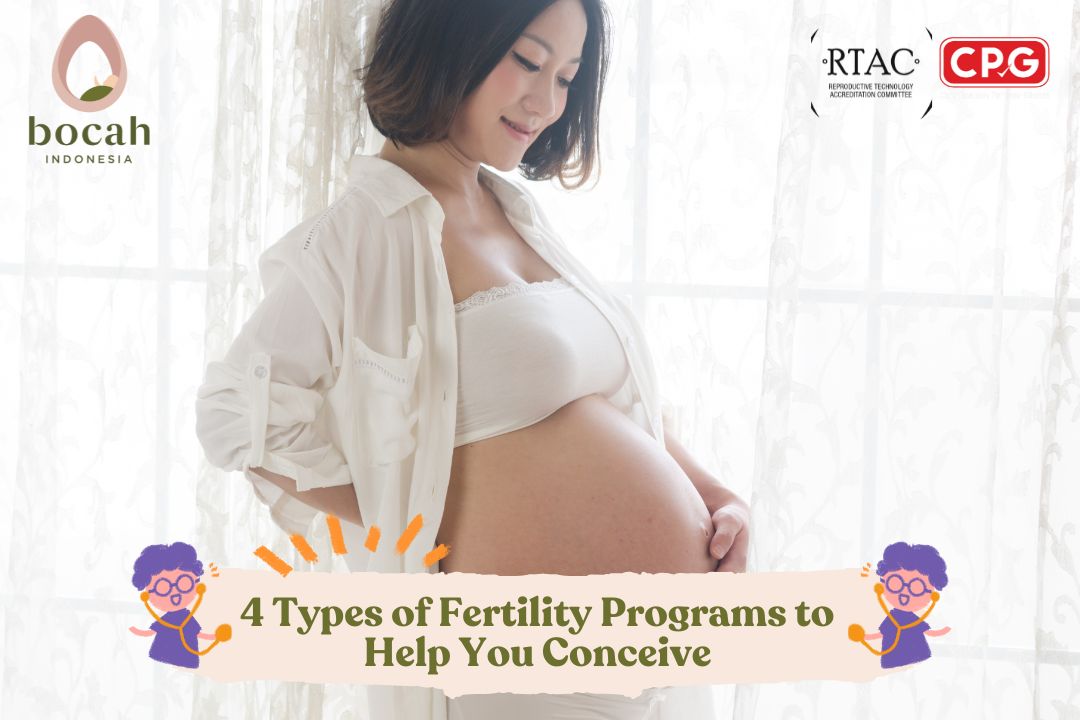
A fertility program is a structured plan designed for couples who wish to have children. While pregnancy often occurs naturally when a couple has regular sexual intercourse, not all couples are able to conceive without medical assistance. In such cases, consulting a healthcare professional for guidance on fertility programs is essential.
What Are the Types of Fertility Programs?
Before starting any fertility program, it is important for couples to consult with a doctor to discuss the most appropriate treatment and procedures.
1. Natural Conception
This type of program relies on natural sexual intercourse without the use of contraceptives. Pregnancy occurs if both partners have healthy reproductive systems and no underlying fertility issues. Natural conception is possible when ovulation and sperm quality are optimal.
2. Timed Intercourse
Timed intercourse is a fertility program where couples have sexual relations at specific times based on ovulation. This method is usually guided by a doctor who may also prescribe medications to balance hormone levels. The goal is to align intercourse with the woman’s fertile window to improve the chances of conception.
3. Intrauterine Insemination (IUI)
If natural conception and timed intercourse have not resulted in pregnancy, especially in cases of mild fertility issues, doctors may recommend intrauterine insemination (IUI). This involves inserting sperm directly into the uterus to increase the likelihood of fertilization.
Tanya Mincah tentang Promil?
IUI requires at least one healthy fallopian tube and a minimum viable sperm count. According to Dr. William T. Wahono, Sp.OG, an obstetrician-gynecologist at Bocah Indonesia, IUI brings sperm closer to the egg to facilitate fertilization.
“We inject sperm directly into the uterine cavity, known as the endometrium, to shorten the distance to the egg and improve the chances of fertilization,” explained Dr. William.
Also known as artificial insemination, IUI is a form of assisted reproductive technology recommended for couples with mild to moderate fertility challenges.
4. In Vitro Fertilization (IVF)
If the above methods have failed, doctors may suggest In Vitro Fertilization (IVF), or what’s commonly referred to as the “test-tube baby” program. IVF involves combining eggs and sperm outside the body in a laboratory. Once fertilization occurs, the resulting embryo is transferred into the woman’s uterus.
IVF is a more complex procedure typically used for couples with moderate to severe fertility problems. Although time-consuming and involving several steps, IVF offers a higher probability of success for certain conditions and is tailored to each patient’s individual needs.
What Should You Prepare Before Starting a Fertility Program?
To enhance the success rate of any fertility program, several preparations are recommended:
-
Fertility Checkups
Prior to starting a program, both partners should undergo fertility testing. This helps assess reproductive health and detect any underlying medical conditions that may affect conception.
-
Healthy Lifestyle
Adopting a healthier lifestyle is key. This includes eating a balanced diet and avoiding foods high in sugar, salt, and caffeine. Focus on consuming foods rich in protein, fiber, and antioxidants, such as vegetables, fruits, eggs, lean meats, nuts, and fish.
-
Regular Exercise
Regular physical activity helps the body adapt to changes during pregnancy and childbirth. Women are advised to exercise for 30 minutes daily, choosing moderate-intensity activities and avoiding strenuous workouts.
-
Folic Acid Supplementation
Folic acid plays a critical role in increasing fertility and preventing birth defects or miscarriage. Women planning pregnancy are advised to take 400–600 micrograms of folic acid daily.
These are some of the fertility program options that couples can consider based on their individual conditions. If you’ve been having unprotected intercourse for over a year without achieving pregnancy, it’s time to consult a medical professional.
Source:
Delbaere, I., et al. (2020). Knowledge about the impact of age on fertility: a brief review. Ups J Med Sci. 2020 Jan 22;125(2):167–174.
Trying to Get Pregnant? Here’s When to Have Sex. American College of Obstetricians and Gynecologists.
Choe, J., Shanks, AL. (Update: 2023). In Vitro Fertilization. NCBI Bookshelf.


